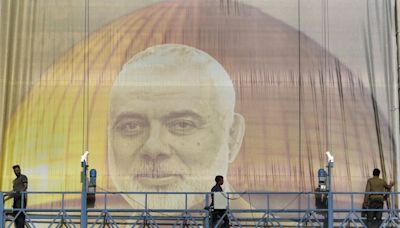Search results
Article 15 is a 2019 Indian Hindi-language crime drama film directed and produced by Anubhav Sinha, who co-wrote the screenplay with Gaurav Solanki. The film stars Ayushmann Khurrana as a police detective who investigates the disappearance of three girls from a small village, uncovering a history of caste-based oppression.
Article 15 was debated in the Constituent Assembly on 29 November 1948. It prohibits discrimination on five grounds: religion, race, caste, sex or place of birth.
In the United States Armed Forces, non-judicial punishment is a form of military justice authorized by Article 15 of the Uniform Code of Military Justice. Its rules are further elaborated on in various branch policy as well as the Manual for Courts-Martial.
Article 15 of the Constitution of India forbids discrimination on grounds only of religion , race, caste, gender, or place of birth or any of them. It applies Article 14's general principle of equality in specific situations by forbidding classifications made on protected grounds.
Article 15 restricts discrimination on the ground of: Religion – It means that no person should be discriminated against on the basis of religion from accessing any public place or policy by the state or any group. Race – Ethnic origin should not form a basis of discrimination.
Inspired by the real-life Badaun killings — and a stirring tribute to Alan Parker’s 1988 procedural thriller Mississippi Burning — this film features policemen hushing up the murder and gangrape of...
Dec 26, 2023 · In India, Article 15 protects citizens from racism, untouchability, and various forms of discrimination based on religion and gender. In India, caste discrimination is the type of discrimination that is most prevalent. Discrimination and untouchability are a result of caste division.
Aug 4, 2023 · Article 15 of Indian Constitution. Article 15 of the Indian Constitution prohibits discrimination on grounds only of religion, race, caste, sex, or place of birth. India recognises a total of 22 languages, as stated in the 8th Schedule of the Constitution.
Jun 28, 2019 · What is article 15? Article 15 acts as an extension of Article 14 which talks about the fact that every person should be equal before law and should be treated equally by the law. But, in the Indian context, it means that equals should be treated equally and unequal unequally.
Article 15 restricts discrimination on the ground of: Religion – It means that no person should be discriminated against on the basis of religion from accessing any public place or policy by the state or any group.






